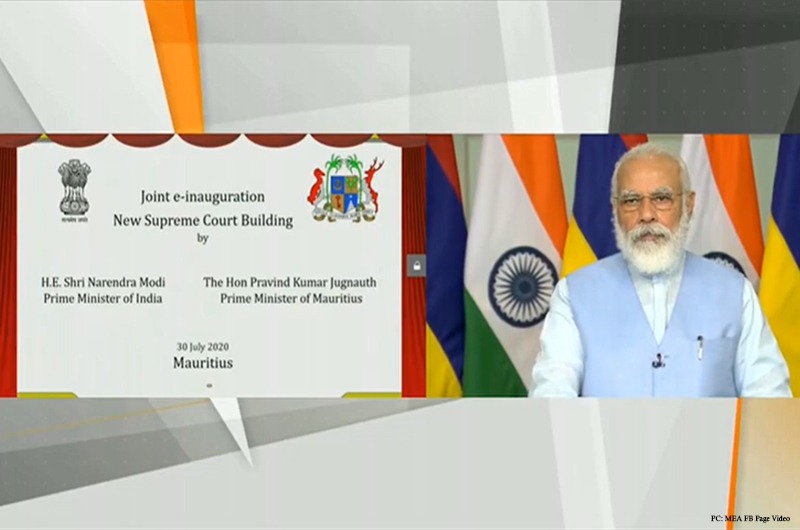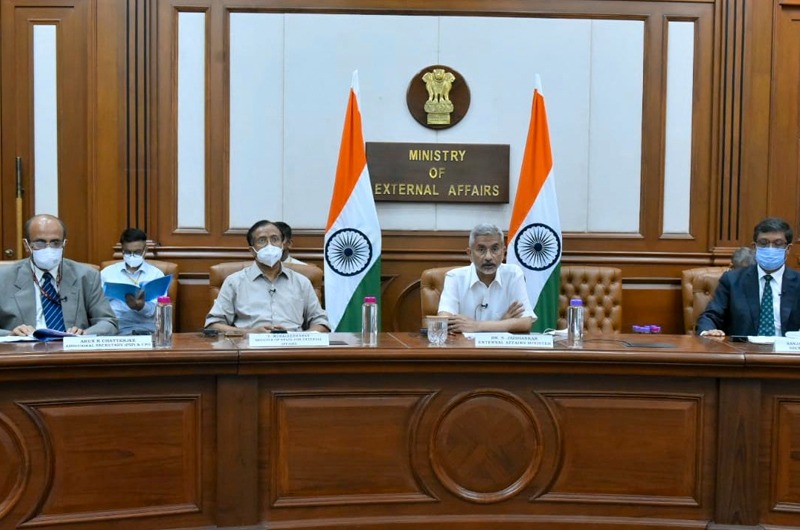

ISRO successfully launched GSAT-31, India’s 40th communication satellite, from French Guiana on Feburary 6th at 02:31 am (IST). GSAT-31 will facilitate VSAT networks, Television uplinks, Digital Satellite News Gathering, DTH-television services, cellular backhaul connectivity and more
Adding to the long list of achievements, Indian Space Research Organisation (ISRO) successfully launched the latest communication satellite, GSAT- 31, from French Guiana today morning, at 02:31 am (IST). Placed in the orbit within 42 minutes of its launch, GSAT-31 is the third successful mission by ISRO this year. Launch operation was carried out at the Ariane Launch Complex at Kourou, a French territory located in north-eastern coast of South America.
Speaking soon after the launch of the 2,535 kg satellite, ISRO’s Satish Dhawan Space Centre (SDSC) Director S Pandian said, “It gives me great pleasure on the successful launch of GSAT-31 spacecraft on board Ariane-5, this is the third mission for ISRO in 2019.”
GSAT-31, the 40th communication satellite of India, is going to replace the InSAT satellite approaching the end of its time in space. The satellite will be used for supporting VSAT networks, Television uplinks, Digital Satellite News Gathering, DTH-television services, cellular backhaul connectivity and many such applications. With 15 years of mission life, GSAT-31 will also facilitate communication using a wide band transponder over large oceanic region including Arabian Sea, Bay of Bengal and Indian Ocean.
ISRO posted a 59-second lift-off video from Arianespace on their official social media channels, gathering congratulatory messages from across the world.
European launch services provider, Arianespace launch vehicle, has signed 24 launch contracts with the Indian space agency. Gearing for the ISRO’s next launch of GSAT-30, Arianespace CEO Stephane Israel said, “Arianespace is honoured ISRO has entrusted Ariane 5 for two launches back-to-back, with the last Ariane 5 of 2018 launching GSAT-11, and today the first one of the year 2019, which orbited GSAT-31.”








